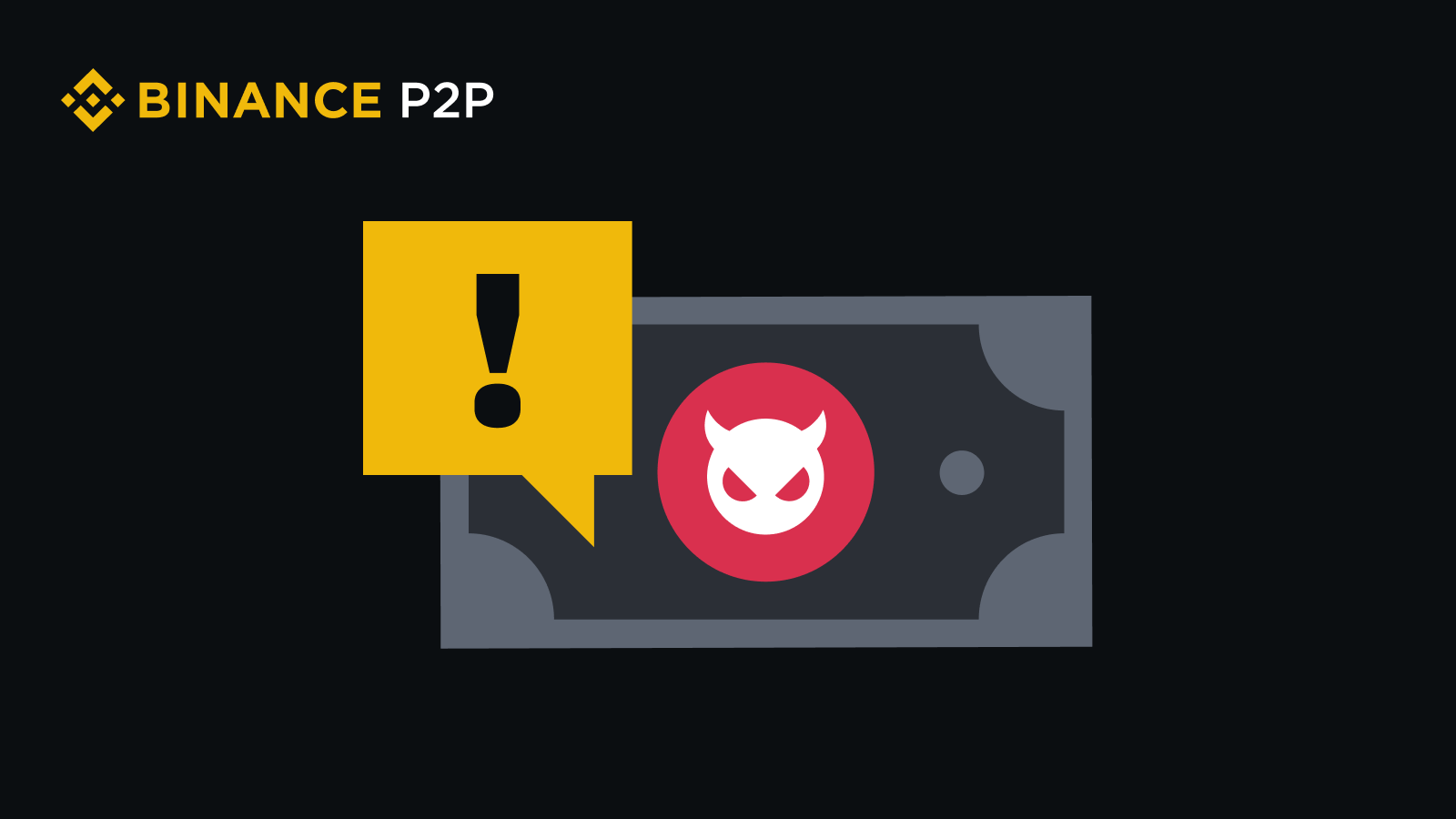Main conclusions
P2P “cancel orders after payment” scams involve criminals impersonating cryptocurrency sellers, convincing buyers to cancel orders on the trading platform after payment has been made, resulting in financial losses for victims.
So, never cancel a P2P order after making a payment unless you are absolutely sure that the cancellation request is legitimate.
If you cancel your purchase order at the request of the counterparty on the Binance P2P platform, you can immediately submit an arbitration request to the support team via live chat if you suspect that you have been scammed.
Our number one priority on the Binance platform is the safety and security of our users. A big part of that is making sure that users are aware of common scams and how to avoid them – after all, users are the first and strongest line of defense against crime in the crypto world. The best way to protect yourself and the entire ecosystem is to stay up to date with the latest developments in the anti-fraud space.
Criminals never stop coming up with new ways to exploit innocent users, and that includes those who target P2P traders. One such scam that has recently become popular is the so-called cancel orders after payment scam. Read on to learn more about this deceptive practice, how it works, and how you can protect yourself from it.
Understanding Post-Payment Order Cancellation Fraud
The post-payment order cancellation scam relies on the cryptocurrency seller convincing the buyer in a person-to-person transaction to cancel the order after the buyer has already made payment, and the scam often goes through the following steps.
1. Advertise the offer: The scammer (seller) posts an ad on a P2P marketplace, offering to sell cryptocurrencies at a very attractive price.
2. Initiation of the trade: The bona fide buyer initiates the trade and transfers the amount to the seller’s account. At this stage, the scammer may ask the buyer for his phone number or WhatsApp or Telegram contact information, or ask the buyer to contact him.
3. Convincing the buyer: After receiving payment, the fraudulent seller contacts the buyer and gives him a seemingly convincing reason to cancel the order. The fraudster may claim that there was an error in the transaction or that he needs to redo the trade for some reason.
4. Cancellation of the order: The buyer, based on his trust in the seller, cancels the order on the platform without receiving the digital currencies or refunding his money.
5. Seller Disappears: Once the order is cancelled, the scammer disappears with the buyer’s money, leaving them with no one to turn to.
Real life examples
A common scenario in this case is that the scammer sends a message to the counterparty claiming that there is a problem with the payment process, and asks the buyer to cancel the order or contact an external support number.
 Once the external number is contacted, it convinces the buyer to cancel the order.
Once the external number is contacted, it convinces the buyer to cancel the order.
In another version of the scam scenario, the cryptocurrency seller may ask for the buyer's phone number after payment is made, claiming that they need it to verify the order.

The seller asks the buyer to share his contact details.

He then contacts the buyer outside the platform, convincing him to cancel the order with false claims. In both cases, the result is the same: the buyer does not get back the money he actually paid, and does not get the cryptocurrency he thought he had purchased.
How to avoid becoming a victim of fraud
Remember that the only way criminals can complete this scam is by convincing you to cancel the order. If the cancellation is legitimate and justified, they should refund the amount paid first.
1. Avoid canceling orders after payment has been made: Never cancel an order after payment has been made until you are sure that the amount has been refunded to your account.
2. Be cautious: Be wary of what sellers claim, especially if you see offers that seem too good to be true. If something feels suspicious, report the incident to our support team.
3. Keep conversations on Binance: All communication related to P2P transactions must be on the Binance platform to ensure integrity. Do not share your contact information with counterparties.
If you have made the payment and notified the seller, but the seller has not released the order after confirming receipt of the payment, please submit an arbitration request. Our support team can assist you in releasing the order.
If you are being scammed
1. Contact Support: Contact our customer support team to report the issue.
2. Document everything: Keep records of all communications and transactions related to the incident.
3. Report: File a report immediately by following the steps in this guide: How to Report Scams on Binance Support.
